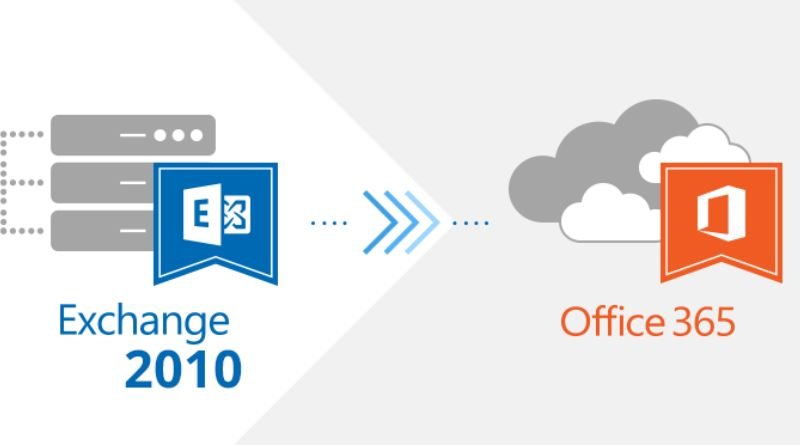Migrating Away from Office 2010

If you’re still using Microsoft Office 2010, you’re in for a bit of a shock. Microsoft has decided to cease supporting Office 2010 starting on April 10, 2014. What does this mean? Basically, after this date, Microsoft will no longer send out security updates or bug fixes to the Office 2010 software suite, leaving your computer vulnerable to hackers and viruses that could compromise your security and data integrity. Thankfully, there are several ways you can take your business off of the outdated software and onto more up-to-date technology before April 2014 hits.
Free vs. Paid: What are your options?
If you’re running an IT department for a small business, you’ll have to make the decision on whether or not to move away from Microsoft Office 2010. If your organization is small and still using Windows XP or Vista, it may be best to stay with the most popular office suite of the day. But if your company has moved up to Windows 7 or 8, then making the switch will become necessary in order to continue receiving technical support and security updates from Microsoft.
Convert to Word Online
Unfortunately, as of April 10th, 2016 Microsoft has ended support for Office 2010. This includes security updates and fixes to any bugs that have arisen. In order to continue using office tools such as Word, Excel and PowerPoint users will need to make the migration over to a newer version of Microsoft Office such as 2013 or 2016. The company is also giving generous offers for owners of 2007 and earlier versions of office suite in order to upgrade over the next 12 months.
Google Docs – The Best Option
If you’re looking for a way to replace the antiquated, unsupported software that is Office 2010, then Google Docs is the best option. Not only can Google Docs be used in any browser or on any computer system, but it also makes collaborating easy and enables easy sharing. Best of all? It’s free!
Keep an eye on your users; hard decisions may be needed
Microsoft announced in October that it will stop issuing security updates for Office 2010 and the company has advised users to upgrade to a newer version. The company said it made the decision because many customers have already moved on to newer versions of Office, which were released in 2013 and 2016.
The decision could put some enterprises at risk, but in Microsoft’s defense, not many people are still using software like Office 2007 or older versions like XP.
Finally, get some sleep!
Microsoft has ended mainstream support for Office 2010 and many businesses are scrambling to make the transition. We’ve created a resource with some key tips to help you as you get prepared to migrate away from Office 2010.



